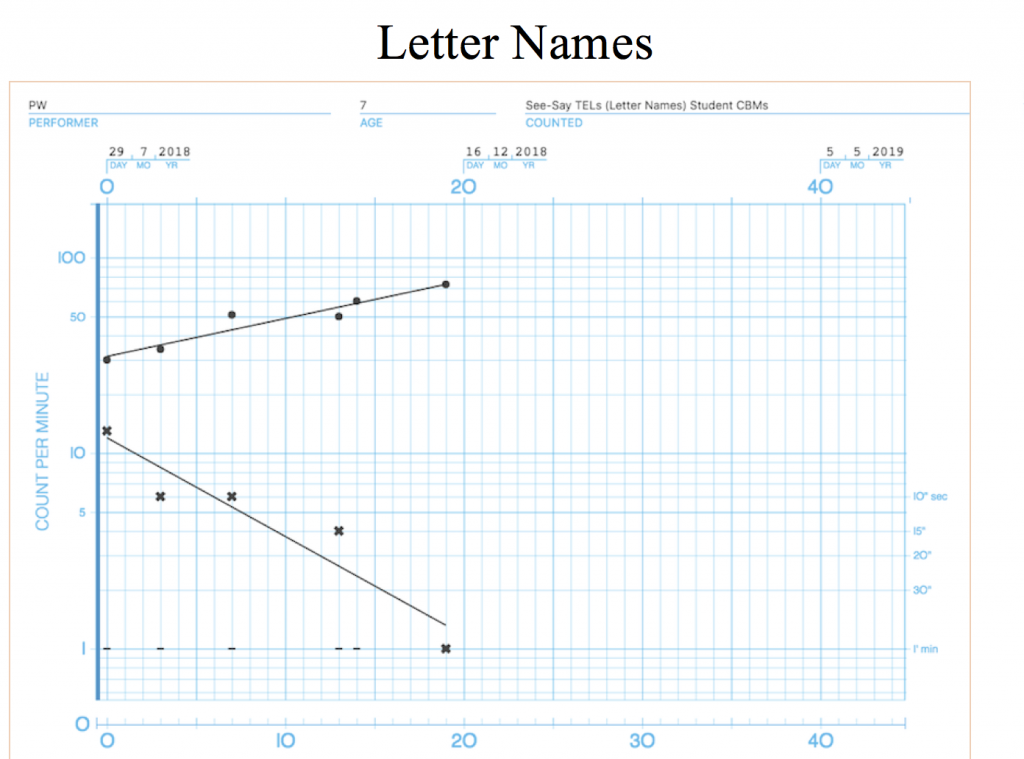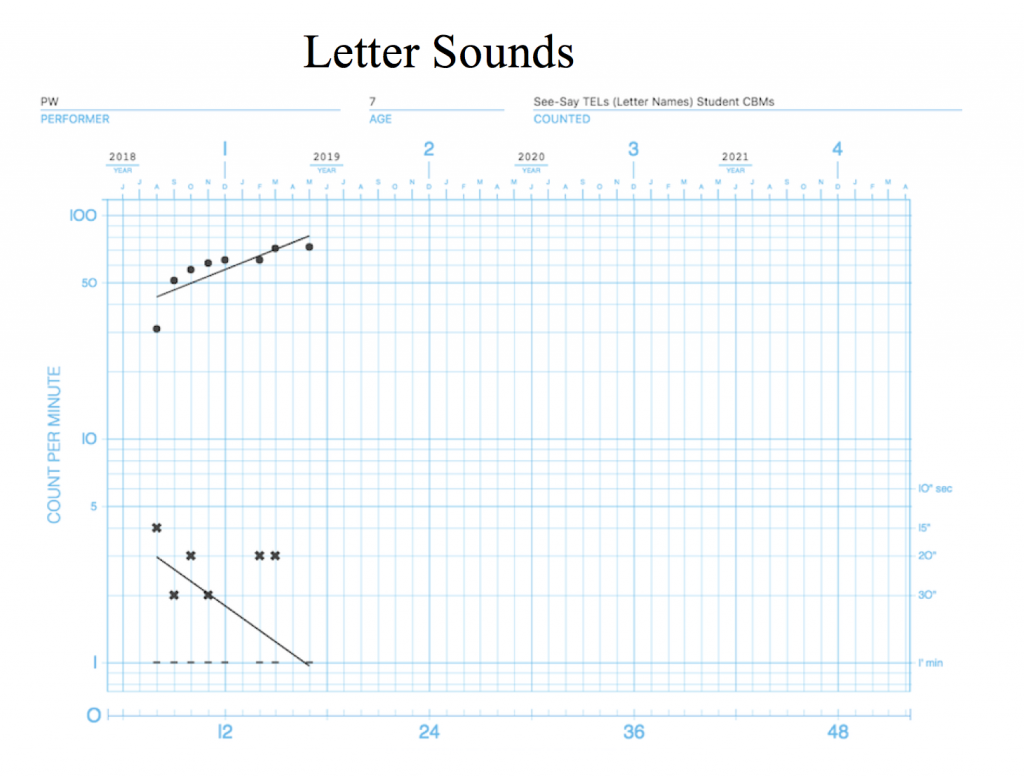The importance of early learning skills for struggling children – A Lil’ Fits™ blog.
Attention Deficit Hyperactivity Disorder (ADHD) is the most diagnosed cognitive and behavioural disorder in young children. Over the last decade, there has been a rapid increase in medication and interventions for treating ADHD and other learning disabilities associated with inattentiveness. This has been explained by the condition affecting 5-10% of all young people in Australia. Research consistently accentuates the importance of early learning strategies and services to address the challenges this disorder presents to learning and behaviour.
Many children that attend Lil’ Fits have either been referred or recommended to see a paediatrician for inattentiveness, the result of which is often a diagnosis of ADHD which can profoundly impact a child’s future. We know from our extensive work that early intervention can help overcome issues for children struggling, particularly in areas such as reading, maths, or language, without the limitations that a significant diagnosis such as ADHD brings.
Our Lil’ Fits program trains attention and produces children that are resistant to distractions, such that they can learn new skills and concepts easily and rapidly – this accelerates their ability to learn cognitive and pre-academic skills while increasing memory, work endurance and agility.
Lil’ Fits is designed for children aged 2-6 who may benefit from training attention and prerequisite skills that are vital to success at school. In addition, it may assist young students already at school who are struggling. Lil’ Fits places a heavy emphasis on programs which build the foundation skills for early literacy and numeracy. These ‘learning to learn’ skills ensure your child can benefit from classroom instruction at their full potential.
A common barrier to classroom readiness is a young student’s ability to listen to instructions and follow them without being distracted. Parents will frequently recount that they must constantly remind their children to stay on task and attend to directions and schedules such as getting dressed and out the door to school.
Programs in our Lil’ Fits curriculum are designed to produce highly attentive students who can easily follow multiple-step instructions to fluency – that is effortlessly and easily. With repeated practice and positive reinforcement, these actions are mastered such that the child can perform them in the presence of distractions, and across multiple settings such as the classroom. Our data consistently shows that with this intervention, there is a decrease in the frequency of a Learning Coach having to repeat instructions.
Rapid Automatic Naming (RAN) is a focus of ‘learning to learn’ programs that create fast-pace, goal-orientated learners. It involves presenting a student with categorised items (such as shapes, pictures and colours) and the student is asked to name them. Research shows that RAN scores predict future reading fluency. When paired with Precision Teaching (one of our methodologies used at Fit), RAN scores can be assessed and then manipulated through repeated practice and positive reinforcement. By increasing RAN scores, the learner’s attention and ability to learn new stimuli is increased. It helps students to remember information and acquire new knowledge faster. The results can be seen in untargeted skills such as reading randomised letter names and sounds, decoding nonsense words, as well as their ability to read new passages at a fast pace and with low errors. Even in the absence of training these skills, highly motivated and attentive students have the ability to acquire new skills faster and with less effort, as a result of training these ‘learning to learn’ programs.
Pictured below is the results of a Lil Fit’s enrolment whereby increasing RAN scores influenced outcomes on weekly assessments of letter names and sounds. With repeated practise the learner’s speed of attending to and naming randomized stimuli was increased, as well as a decrease in errors. Here, the learner moved from the 7th to 72nd percentile for letter names, and the 49th to 83rd percentile for letter sounds.


If you believe your child could benefit from early learning skills that prepare them for the classroom and beyond, contact us on 6110 3948 to discuss your child’s specific learning needs.
Banerjee, T., Middleton, F., & Faraone, S. (2007). Environmental risk factors for attention-deficit hyperactivity disorder. Acta Paediatrica, 96(9), 1269-1274.
Milyko, K., Berens, K., & Ghezzi, P. (2012). An Investigation of Rapid Automatic Naming as a Generalized Operant. Journal of Precision Teaching & Celeration, 28, 3-16.
Prosser, B., & Reid, R. (1999). Psychostimulant Use for Children with ADHD in Australia. Journal Of Emotional And Behavioral Disorders, 7(2), 110-117.


